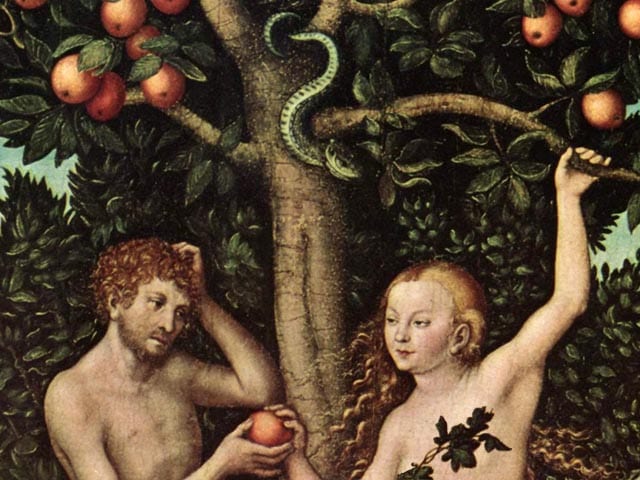This answer is taken from The Genesis Account[1]
The Bible does not say specially that Adam and Eve went to heaven when they died, so we can’t be  dogmatic. But there are certain principles that may apply leading us to believe that the answer to the question is probably yes. Hebrews 11:1-2 contains this statement:
dogmatic. But there are certain principles that may apply leading us to believe that the answer to the question is probably yes. Hebrews 11:1-2 contains this statement:
Now faith is the assurance of things hoped for, the conviction of things not seen. For by it the people of old received their commendation.
Although Adam and Eve are not mentioned in this chapter, their actions after their disobedience indicated they did have faith in the promises of God:
- In Genesis 3:20, Adam names his wife Eve in a way that reflects his willingness to obey God’s command to multiply and fill the earth (Genesis 1:28).
- Eve shows remarkable faith in God’s promise of a Redeemer (Genesis 3:15) by stating when her first son was born; I have gotten a man with the help of the Lord. However, when looking at the Hebrew closely, Sarfati concludes that Eve actually said that she had gotten a man namely Jehovah. Eve thought that her first son, Cain was the promised Redeemer of 3:15.
- God sacrificed animals to clothe them, covering their sin (Genesis 3:21).
- Eve also names Seth, explicitly crediting God with providing another son to replace Abel (Genesis 4:25).
- They apparently taught their offspring about who God is and what He required. This is something that the Israelite contemporaries of the righteous Joshua failed to do. So after Joshua’s generation died, there arose another generation after them who did not know the Lord or the work He had done for Israel (Judges 2:10). This began a disastrous few centuries for the fledgling nation: Everyone did what was right in his own eyes (Judges 17:6, 21:25). But Adam and Eve apparently did not make this mistake as both Cain and Abel were both aware that God could only be approached through the right sacrifice, that is, a spotless blood sacrifice (Genesis 4:3-5). This knowledge would have come from their parents, Adam and Eve who had witnessed God Himself making the first sacrifice to clothe them. They also, presumably, passed on this instruction to Seth, who in turn taught Enosh, setting an example for people to call upon YHWH (Genesis 4:26).
Just as the faith in God’s promises of the people listed in Hebrews 11 was credited to them as righteousness, it is likely that the apparent faith of Adam and Eve was credited to them as righteousness, thus enabling them to spend eternity with God in heaven.
[1] Jonathan D Sarfati, The Genesis Account, Creation Book Publishers, 2015, pages 390-391. This book can be purchased from: creation.com.

